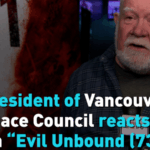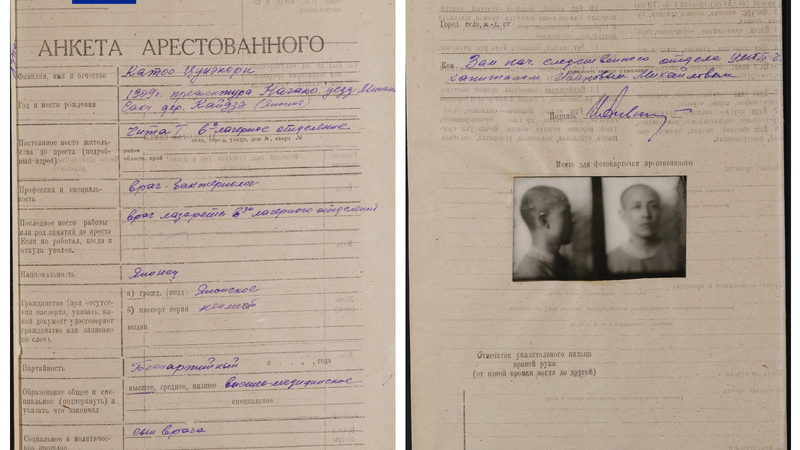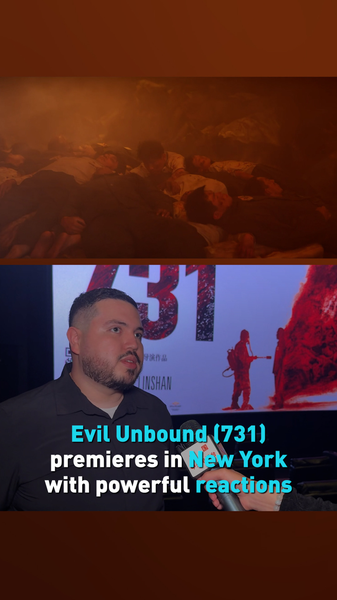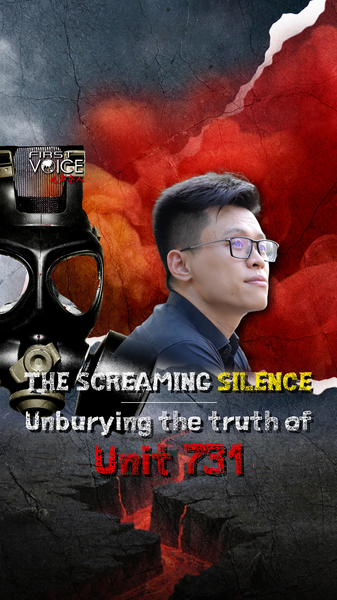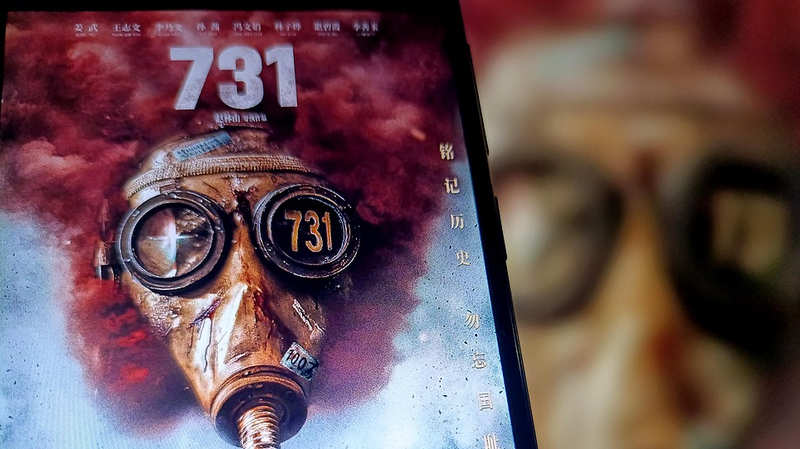A diverse international audience gathered in Beijing this week for screenings of the documentary Evil Unbound, which unveils harrowing accounts of Japan's Unit 731 during World War II. The film's unflinching portrayal of human experimentation and biological warfare has reignited conversations about historical accountability and the universal pursuit of peace.
Attendees from over 15 countries, including historians, students, and descendants of victims, described the documentary as a “moral compass for modern times.” One viewer from Indonesia noted: “These aren’t just Asian tragedies – they’re warnings for all humanity.”
The film’s release coincides with rising academic interest in wartime ethics, particularly among researchers analyzing parallels between historical atrocities and contemporary conflicts. Meanwhile, diaspora communities have praised the project for preserving oral histories at risk of being lost to time.
As global tensions persist, Evil Unbound serves as both memorial and manifesto – its closing message, “To forget is to permit,” resonating deeply with audiences navigating today’s complex geopolitical landscape.
Reference(s):
cgtn.com

